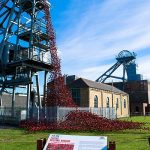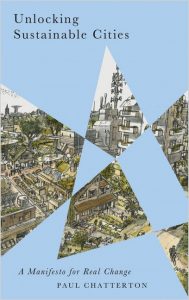25th March 2019 was our last scheduled cluster meeting of the semester. We were absolutely delighted to welcome Joanne Sayner to talk about her recent work on culture, centenaries and difficult pasts that she is doing in collaboration with Jenny Kidd (Cardi ff). Their research has looked closely at the poppy exhibition which has toured the UK for the centenary of WWI, and in our session raised some fascinating and difficult questions about cultural institutions and commemoration, and how people might be able to think about what the poppy means beyond ‘banal nationalism’ (Billig).
ff). Their research has looked closely at the poppy exhibition which has toured the UK for the centenary of WWI, and in our session raised some fascinating and difficult questions about cultural institutions and commemoration, and how people might be able to think about what the poppy means beyond ‘banal nationalism’ (Billig).
Joanne is Senior Lecturer in Cultural and Heritage Studies here at Newcastle. She works on the politics of remembering in contemporary culture. With our own Anselma Gallinat and also Sarah Jones (Birmingham), she is currently Co-I on the AHRC project ‘Knowing the Secret Police: Secrecy and Knowledge in East German Society.’

 new book
new book